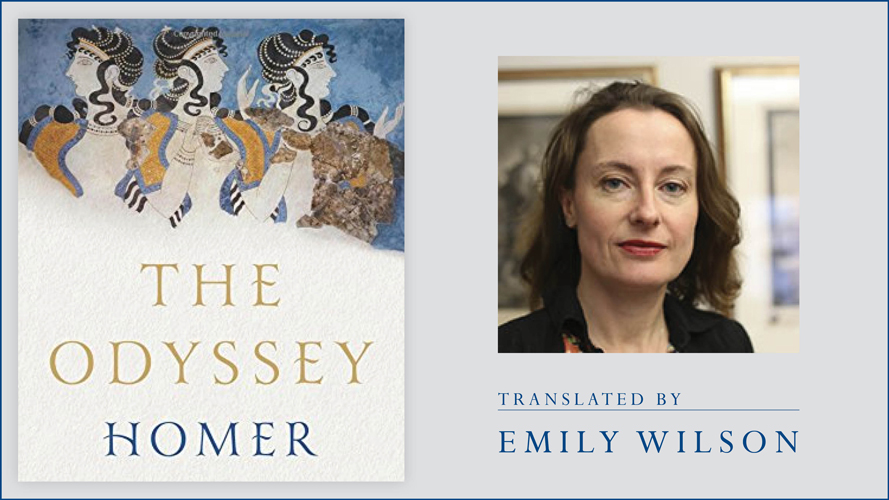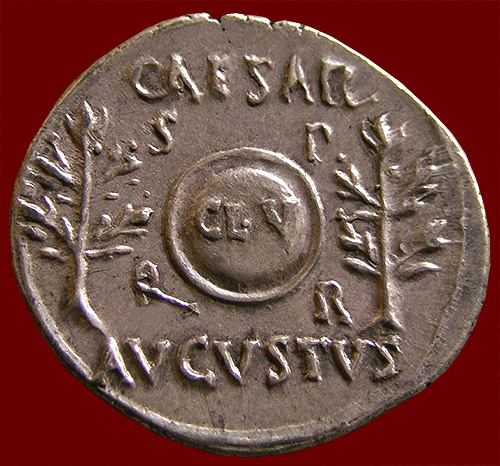A First Post
A few years ago I wrote a piece on the ways in which Odysseus' character seems to be deliberately reminiscent of Polyphemus and how he takes on conflicting character aspects that put me in mind of the Dabbit. That piece was published in Omnibus and is available online with all their other, often excellent, articles. |
| Wittgenstein's Dabbit: Duck, Rabbit, both? |
Since then I have had various thoughts and never actually written them up, but reading the new translation of Homer's Odyssey by Emily Wilson
I have been struck by a series of thoughts some of which might even be true and wanted to explore them on paper.
Odysseus' Exploded Character
Reading Wilson's translation of XVI.430-455 something jarred, the "He" in 'He said, "Penelope you need not worry"'... To find the antecedent of that pronoun requires returning to l.419 where Penelope responds to Antinous implying that "he" is in fact Antinous. Rieu's translation says explicitly that whilst Penelope is abusing Antinous, the respondent is Eurymachus son of Polybus and that is right.Why does this matter?
It seems to me that amidst the 108 suitors Homer has very little interest in individualisation; quite the opposite, in their deaths they lie indistinguishable like fish hauled from the sea (XXII.380-90). The exceptions to these are Antinous, Eurymachus and Amphinomus.
These three are given individual deaths at the opening to XXII (Antinous shot in the throat; Eurymachus in the nipple and liver; and Telemachus plants a spear in Amphinomus' spine). They also have individual characters:
Antinous:
He is the most physically violent suitor leading the ship to ambush Telemachus and plotting at XVI.360ff to ambush him after he escaped the ship. He is also the only suitor never to try and fail the physical contest with the bow in XXI. His is a brute violence and had teh Odyssey been the Iliad a proper combat between he and Odysseus should surely have occurred rather than Odysseus' egregiously bad xenia in shooting him.Amphinomus:
 Amphinomus is by some margin the most likeable of the suitors. He is Penelope's favourite (XVI390ff) and has the moral integrity and decency that leads even Odysseus to recognise that he should not be killed; that Telemachus, the boy he saved, is the one to stab in the back is a beautifully dark Homeric irony.
Amphinomus is by some margin the most likeable of the suitors. He is Penelope's favourite (XVI390ff) and has the moral integrity and decency that leads even Odysseus to recognise that he should not be killed; that Telemachus, the boy he saved, is the one to stab in the back is a beautifully dark Homeric irony.Eurymachus
It was the way Eurymachus seemed to lose his voice in this translation that made me think more about why it matters who says what. Eurymachus is a liar and a "sneak". According to Penelope XVI.420 he is "the smartest boy of all those your own age in Ithaca". He tells Penelope how Telemachus is "now the man I love most in all the world" |
| What a liar! |
Between the three of them we have brutality, principle and piety, and deceit; character traits we know very well (Cicones, sacrifices, Nobody) . It seems tempting to reach the conclusion that they are, presumably deliberately, aspects of Odysseus' character. If that is so, it raises the further question of whether Odysseus is himself different from the suitors and how we should see the ensuing massacre. This also takes me back to my thoughts in that earlier essay.
What this has also raised, for me at least, is why reading a new translation with new emphases is so rewarding.





No comments:
Post a Comment